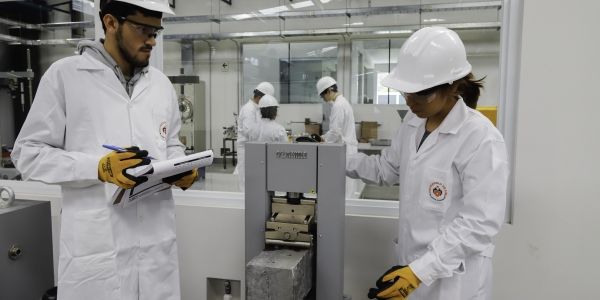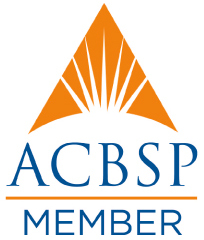Civil Engineering
Materials Laboratory
Physical and mechanical properties of construction materials need to be evaluated in order to ensure reliability, quality and safety during the construction processes used in building and civil work.
In this context, the Materials Laboratory intends to provide the university community with an environment conducive to the preparation of academic works, teaching projects and scientific research in such area. It also aims to provide the industry with specialized technical support.
Tests
Several types of tests, such as aggregate, concrete and masonry tests, are carried out in this laboratory.
Aggregate Tests
- Determination of moisture content of fine and coarse aggregates.
- Particle-size analysis of fine and coarse aggregates.
- Specific weight and absorption of fine and coarse aggregates.
- Unit weight of fine and coarse aggregates in a loose or compacted condition.
- Determination of the amount of material finer than 75 mm (No. 200) sieve.
- Aggregate abrasion and impact resistance.
- Study of aggregates for mixture design.
Concrete Tests
- Slump.
- Unit weight, air content, setting time.
- Beam resistance: compression and flexion.
- Concrete mixture design.
- Compressive strength test on concrete pavers.
- Exudation.
- Concrete resistance to chloride ion penetration.
- Standard test to measure pulse velocity in concrete.
Steel Tests
- Tensile test on steel rods.
- Steel bending.
- Tensile test on steel sheets.
Masonry Tests
- Brick compressive strength.
- Brick pile compressive strength.
- Abode compressive strength.
- Brick dimensional variation.
- Void area measurement.
- Brick absorption.
Infrastructure
The Laboratory complies with the requirements of national and international standards.
Equipment and Technology
The Laboratory has modern equipment handled by a group of highly experienced professionals, which guarantees the quality of material studies.
- Uniaxial compression.
- Universal machine.
- Rapid chloride permeability.
- Ultrasound.
- Digital sclerometer.
- Vibrator for coarse aggregate.
- Vibrator for fine aggregate.
- Set of equipment for determination of specific weight and aggregate absorption.
- Flow table.
- Blaine air permeability apparatus.
- Automatic Vicat needle.
- Gillmore needle.
- Diamond core extractor.
Contact Information
For further information, please contact the Materials Laboratory.

































